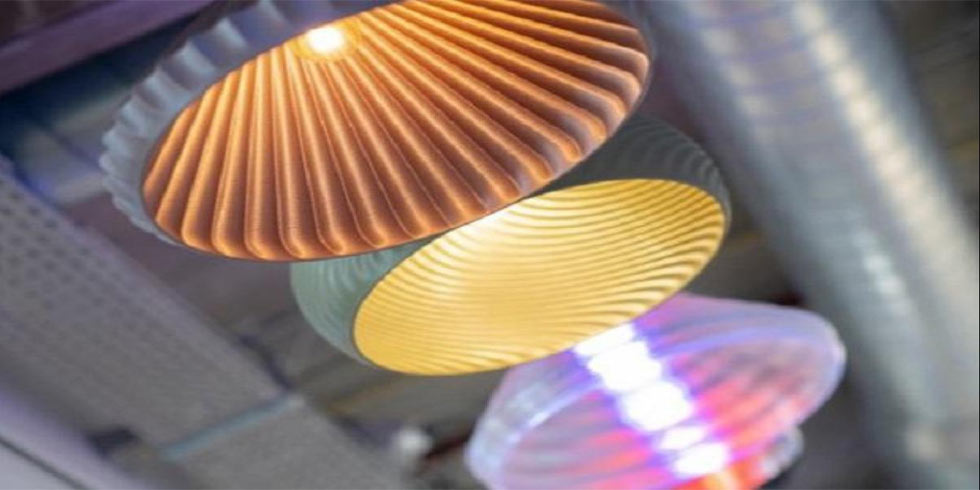Signify Innovations India unveiled the country's first custom-made 3D printed luminaires for industrial and commercial clients.
The company, formerly known as Philips Lighting India, has established two 3D printing manufacturing facilities, one at its existing lighting factory in Vadodara and the other at its R&D facility in Noida.
3D printing, which uses 100% recyclable polycarbonate material, is a highly versatile and more sustainable form of manufacturing.
This allows it to make luminaires with bespoke designs or tailored to customers' precise needs, which can then be recycled at the end of their life cycle, thus promoting a circular economy.
"We are proud to be the first lighting manufacturer in India to produce 3D printed luminaires on an industrial scale, in line with the Indian government's agenda of a self-sufficient India," said Signify Innovations India Vice Chairman and Managing Director Sumit Joshi.
According to him, this also strengthens the company's position at the forefront of lighting and sustainable innovation.
When asked about the company's plans for India in the first year, Joshi said, "Since this is a pioneering idea for the Indian lighting industry, we will start with pilot projects and then expand our customer base to different user segments in the coming year."
In India, the company has already secured two pilot customers for this technology.
"We have received orders from a leading design and MEP consultant for installation in their workstation and corridor areas, as well as a leading power supply company for installation in their lobby and cafeteria," he added.
Switching to 3D printed luminaires, according to Signify, will also help businesses achieve their sustainability goals and give them the flexibility to co-create their lighting products with limitless customisation options.
Excluding electronics and optics, a 3D printed luminaire has a 47% smaller carbon footprint than a traditionally produced metal luminaire.
The final product is also two-thirds the weight of a conventional luminaire, which translates to a 35% reduction in carbon emissions during shipping, according to the company.
"Nearly every component of these luminaires may be reused or recycled at the end of life and repurposed into new designs, thus promoting the idea of a circular economy," the company added.
Signify has also developed 3D printing facilities in other countries, including the United States, Belgium, the Netherlands, and Indonesia.










Add Comment